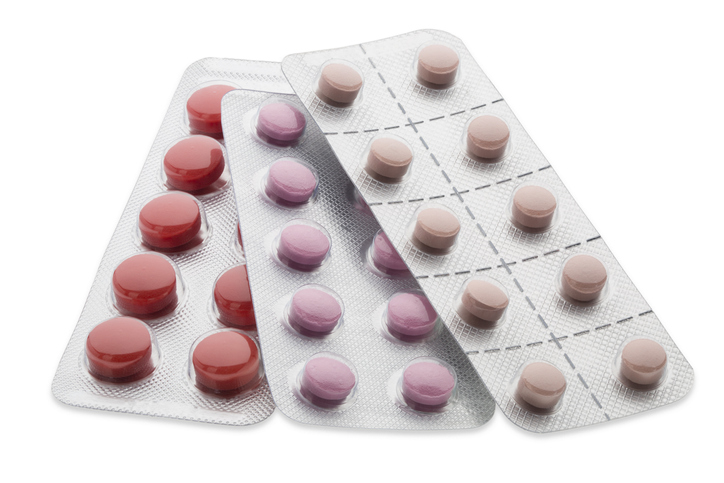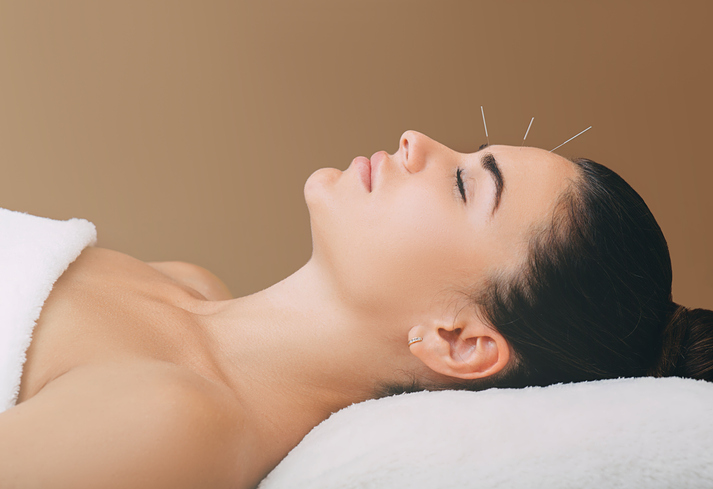Pain
Preventive Medications for Migraines

The best way to treat a migraine is to prevent it. In addition to avoiding known triggers, regular use of prescription medication may be required to prevent migraines. Preventive medications can be prescribed to be taken daily or when facing a predictable trigger. For example, women may be prescribed a monthly dosage of medication to take before menstruation if it is a personal trigger.
When is preventive medication needed?
Migraine attacks that occur 4 or more times per month, last longer than 12 hours, do not respond well to treatment, or involve long-lasting visual auras or numbness may require preventive medication. Preventive medications may also be necessary if a lot of pain-relieving medication is required to relieve migraine pain or if side effects from treatment medications is an issue.
Types of preventive medications
Various types of preventive medications are available, including the following:
- Anti-seizure medications — Certain medications used to prevent seizures can also be used to decrease the frequency of migraines. These include topiramate, divalproex, valproic acid, and gabapentin.
- Antidepressants — Tricyclic antidepressants (TCAs) can help prevent migraines. Examples include amitriptyline and nortriptyline. Other antidepressants, such as selective serotonin reuptake inhibitors (SSRIs) or serotonin-norepinephrine reuptake inhibitors (SNRIs), do not prevent migraines as effectively as TCAs.
- Beta blockers — Typically used to treat high blood pressure and coronary artery disease, beta blockers relax the blood vessels, which can also decrease the severity and frequency of migraine attacks. Examples include metoprolol and propranolol.
- Calcium channel blockers — Calcium channel blockers also ease the narrowing of blood vessels and are typically used to treat high blood pressure; however, they can also help prevent migraine attacks and migraine auras. Verapamil and diltiazem are common examples.
- Angiotensin converting enzyme (ACE) inhibitors — These medications are typically used to treat high blood pressure and heart failure, but can also help prevent migraines or reduce migraine symptoms. An example is lisinopril.
- Calcitonin gene-related peptide (CGRP) inhibitors — CGRP is a molecule involved with migraine pain. Calcitonin gene-related peptide inhibitors, usually given in the form of a monthly injection, help to block CGRP. Examples include eptinezumab, erenumab and galcanezumab.
- Botulinum toxin type A — Although primarily used for cosmetic purposes, regular injections of botulinum toxin into the forehead and neck muscles can help prevent migraine attacks.
- Hormone therapy — Estrogen hormone therapy can be useful in preventing hormonal-related migraines.
It may take several weeks to a few months for these medications to fully take effect. While preventive medications do not completely eliminate migraines, they can significantly decrease the frequency and severity of migraine attacks.


















